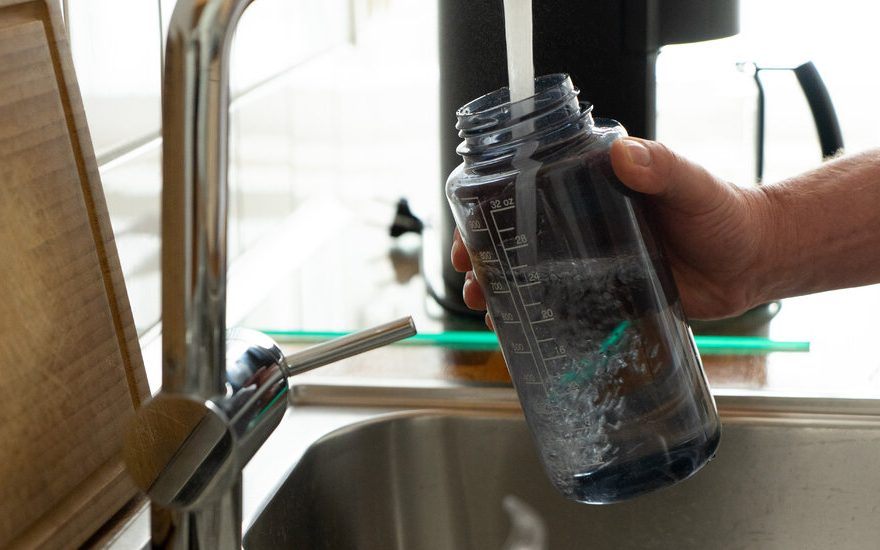Here’s how to know when you truly need to hydrate.

By Christie Aschwanden
If you’ve spent any time on social media or visited an athletic event lately, you’ve surely been bombarded with encouragements to drink more water. Celebrity influencers lug around gallon-sized water bottles as the hot new accessory. Twitter bots constantly remind us to make more time to hydrate. Some reusable water bottles even come emblazoned with motivational phrases — “Remember your goal,” “Keep drinking,” “Almost finished” — to encourage more drinking throughout the day.
The purported benefits of excess water consumption are seemingly endless, from improved memory and mental health to increased energy to better complexion. “Stay hydrated” has become a new version of the old salutation, “Stay well.”
this is to remind you all to drink water!! some of you may forget but it’s important to stay hydrated, so that’s why i’m here :]
But what, exactly, does “stay hydrated” mean? “When lay people discuss dehydration, they mean loss of any fluids,” said Dr. Joel Topf, a nephrologist and assistant clinical professor of medicine at Oakland University in Michigan.
But that interpretation “has been completely blown out of proportion,” said Kelly Anne Hyndman, a kidney function researcher at the University of Alabama at Birmingham. Staying hydrated is definitely important, she said, but the idea that the simple act of drinking more water will make people healthier isn’t true. Nor is it correct that most people are walking around chronically dehydrated or that we should be drinking water all day long.
From a medical standpoint, Dr. Topf added, the most important measure of hydration is the balance between electrolytes like sodium and water in the body. And you don’t need to chug glass after glass of water throughout the day to maintain it.
How much water do I really need to drink?
We’ve all been taught that eight 8-ounce glasses of water per day is the magic number for everyone, but that notion is a myth, said Tamara Hew-Butler, an exercise and sports scientist at Wayne State University.
Unique factors like body size, outdoor temperature and how hard you’re breathing and sweating will determine how much you need, she said. A 200-pound person who just hiked 10 miles in the heat will obviously need to drink more water than a 120-pound office manager who spent the day in a temperature-controlled building.
The amount of water you need in a day will also depend on your health. Someone with a medical condition like heart failure or kidney stones may require a different amount than someone taking diuretic drugs, for example. Or you may need to alter your intake if you’ve been ill, with vomiting or diarrhea.
For most young, healthy people, the best way to stay hydrated is simply to drink when you’re thirsty, Dr. Topf said. (Those who are older, in their 70s and 80s, may need to pay more attention to getting sufficient fluids because the thirst sensation can decrease with age.)
And despite popular belief, don’t rely on urine color to accurately indicate your hydration status, Dr. Hew-Butler said. Yes, it’s possible that dark yellow or amber urine could mean that you’re dehydrated, but there’s no solid science to suggest that the color, alone, should prompt a drink.
Do I have to drink water to stay hydrated?
Not necessarily. From a purely nutritional standpoint, water is a better choice than less healthy options like sugary sodas or fruit juices. But when it comes to hydration, any beverage can add water to your system, Dr. Hew-Butler said.
One popular notion is that drinking beverages with caffeine or alcohol will dehydrate you, but if that’s true, the effect is negligible, Dr. Topf said. A 2016 randomized controlled trial of 72 men, for instance, concluded that the hydrating effects of water, lager, coffee and tea were nearly identical.
You can also get water from what you eat. Fluid-rich foods and meals like fruits, vegetables, soups and sauces all contribute to water intake. Additionally, the chemical process of metabolizing food produces water as a byproduct, which adds to your intake too, Dr. Topf said.
Is This A Scam?
Source: Read Full Article
